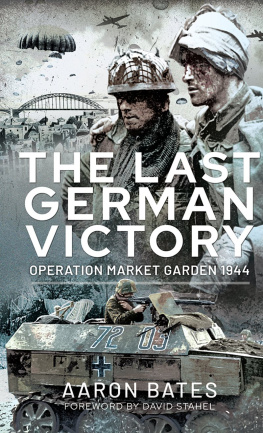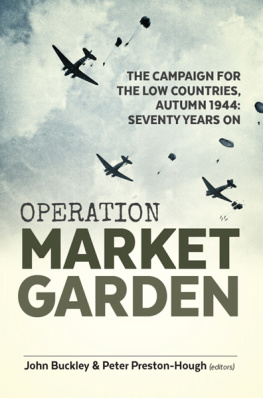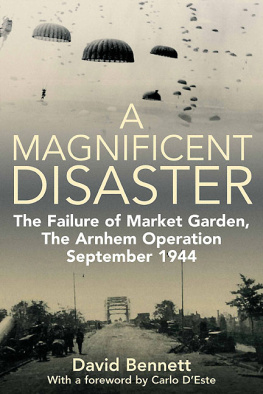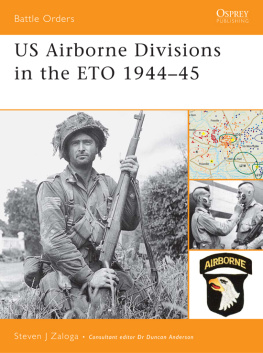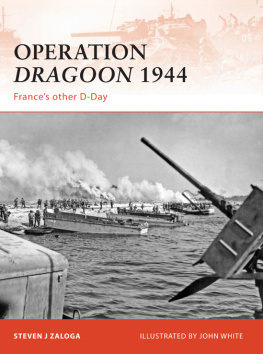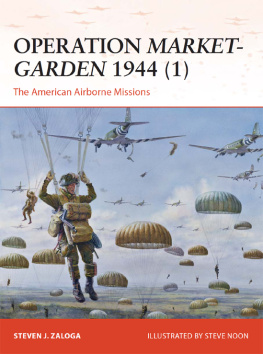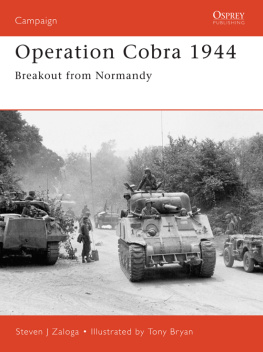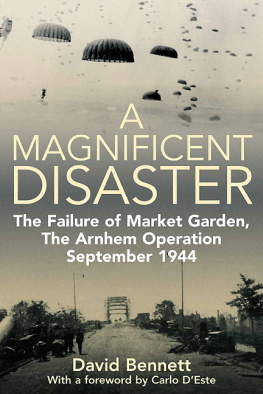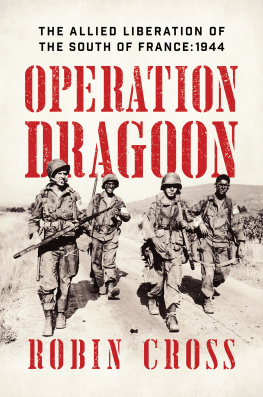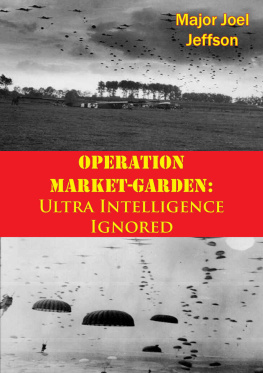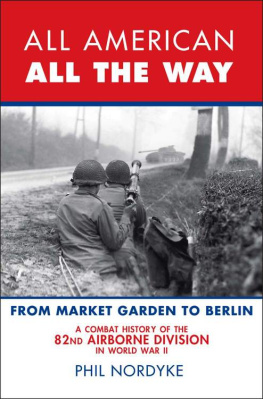Pagebreaks of the print version

The Last German Victory
The Last German Victory
Operation Market Garden, 1944
Aaron Bates
First published in Great Britain in 2021 by
Pen & Sword Military
An imprint of
Pen & Sword Books Ltd
Yorkshire Philadelphia
Copyright Aaron Bates 2021
ISBN 978 1 39900 076 5
eISBN 978 1 39900 077 2
The right of Aaron Bates to be identified as Author of this work has been asserted by him in accordance with the Copyright, Designs and Patents Act 1988.
A CIP catalogue record for this book is available from the British Library.
All rights reserved. No part of this book may be reproduced or transmitted in any form or by any means, electronic or mechanical including photocopying, recording or by any information storage and retrieval system, without permission from the Publisher in writing.
Pen & Sword Books Limited incorporates the imprints of Atlas, Archaeology, Aviation, Discovery, Family History, Fiction, History, Maritime, Military, Military Classics, Politics, Select, Transport, True Crime, Air World, Frontline Publishing, Leo Cooper, Remember When, Seaforth Publishing, The Praetorian Press, Wharncliffe Local History, Wharncliffe Transport, Wharncliffe True Crime and White Owl.
For a complete list of Pen & Sword titles please contact
PEN & SWORD BOOKS LIMITED
47 Church Street, Barnsley, South Yorkshire, S70 2AS, England
E-mail:
Website: www.pen-and-sword.co.uk
Or
PEN AND SWORD BOOKS
1950 Lawrence Rd, Havertown, PA 19083, USA
E-mail:
Website: www.penandswordbooks.com
Foreword
I n the publishing world history dustjackets typically promise new narratives, which are forever recasting, reinterpreting and reconceiving. That certainly does happen, but it is much less common than the sometimes overblown claims suggest, especially in high turnout fields like the Second World War. When I read The Last German Victory , it was clear to me that the contribution to the field warranted a re-evaluation of everything I thought I knew about the campaign. Bates is plausibly recasting how we understand the events that led to the failure of Operation Market Garden. While operational accounts tend to follow the action and provide the blow-by-blow reconstructions so loved by readers, this method, as Bates shows, can miss the essential point. Individual commanders and their particular decisions almost always arise from an institutional culture, which is reinforced by doctrine and relentless training. It is not to suggest that officers dont have individual agency, but that this exists on a spectrum strictly defined by their service environment and military experience. Moreover, military culture among the major powers of the Second World War differed hugely and has all too infrequently formed the subject of comparative study in accounting for operational success. While Montgomerys claim that he enjoyed 90 per cent success in Operation Market Garden has certainly been challenged before, no one has reconstructed the campaign in light of culture, doctrine and training to shift the emphasis away from the day-to-day affairs and cast the events in broader institutional terms. Not only does Bates show the virtue of a broader engagement, the implications support his assertion that many of the key outcomes were pre-ordained. As the title suggests, the conception of Market Garden played to German strengths, which by September 1944 reflects how little Allied commanders actually understood about the Wehrmacht . In fact, one can also say it reflects an inability to understand the serious limitations of their own forces. In many respects Market Garden is a cautionary tale of the dangers of institutionalization, which only underwrites the virtue of actively and consciously seeking new perspectives. It is a first-rate study that gives us not just a new perspective on Operation Market Garden, but provides a model for why military culture matters.
David Stahel
The University of New South Wales, July 2021
Acknowledgements
I would like to express my appreciation for the efforts of some of the people who made this work possible. Most notably, I would like to thank Dr Alexander Hill, who advised me through the writing of the graduate thesis that would become this book and who continued to provide useful advice and feedback throughout the writing process. I would also like to thank Dr David Stahel for taking time out of a busy schedule to look at and critique various drafts of the work, and Dr Timothy Stapleton, who (alongside Dr Hill) made the initial suggestion to develop my thesis into a book. I also appreciate the efforts of the editorial staff at Pen & Sword, who provided invaluable advice and support for and patience with a first-time author throughout the publication process. Finally, I would like to thank the library and archive staffs at the University of Calgary, the British National Archives at Kew, and the German Bundesarchiv/Militrarchiv in Freiburg for providing the materials and assistance that made my research possible. I would particularly like to express my deepest gratitude to Ms Barbara Kiesow at the Freiburg archives, who provided invaluable guidance and assistance to a first-time archival researcher (with a sometimes spotty grasp of spoken German!) and always made me feel welcome at her facility.
Chapter 1
Introduction: A Difficult Operation, Attended by Considerable Risks
E arly in the afternoon of 17 September 1944, just after the fifth anniversary of the beginning of the Second World War, the skies over German-occupied Holland were filled with a massive armada of over 4,300 aircraft belonging to both Great Britains Royal Air Force (RAF) and the United States Army Air Force (USAAF). At the heart of this air fleet, protected and supported by 1,240 fighters and 1,113 bombers, were 1,534 transport aircraft and 491 cargo gliders carrying approximately 16,500 men of the 1st Allied Airborne Army. This was the largest single force of airborne soldiers ever to be deployed in combat a force that would be dropped and landed shortly after 1300 that day near the Dutch towns of Eindhoven, Nijmegen, and Arnhem, in pursuit of the Western Allies latest offensive effort against the forces of Nazi Germany, Operation Market Garden. The operation was sent off with high hopes and expectations from the Allied leadership, particularly the operations chief architect, the newly promoted Field Marshal Bernard Law Montgomery, commander of the British 21st Army Group, to which the 1st Allied Airborne Army was attached.
The primary purpose behind Montgomerys plan was to breach the barrier of the Rhine River, the last major geographical obstacle between the Allied forces and an invasion of Germany itself in the wake of their victory over the German Westheer (Western Army) in France the previous month. The forces of the airborne army were to capture and secure key bridges and other crossing points over all the water obstacles along the main road leading north from the town of Neerpelt on the southern Dutch border to the city of Arnhem on the far side of the Lower Rhine (the northernmost tributary of the Rhine proper). This landing was to provide a secure carpet of occupied territory that would allow the forces of the British 2nd Army, led by the XXX Corps, to quickly rush through to the banks of the Zuider Zee (or Ijsselmeer) in northern Holland and establish a bridgehead behind both the Rhine and the line of the Westwall fortifications along the German border.

